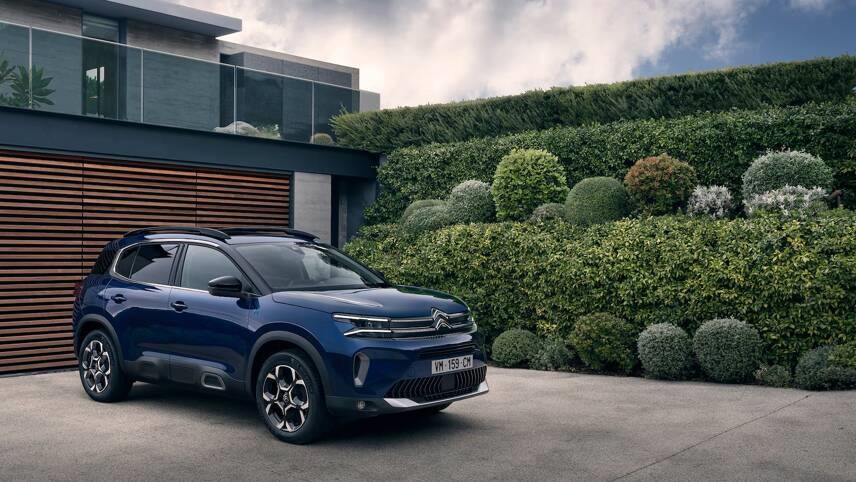The UK Government has confirmed the first vehicles eligible under its new Electric Car Grant (ECG), offering drivers a £1,500 discount on select electric vehicles (EVs).
Four Citroën models are the first to be approved: the ë-C3, e-C4, ë-C5 and ë-Berlingo. The discount will be applied automatically at the time of purchase, with no action required from buyers. More vehicle models are expected to be confirmed in the coming weeks.

Launched in mid-July, the ECG offers discounts of up to £3,750 on new zero-emission vehicles priced at £37,000 or less.
The level of discount depends on how each model scores against strict sustainability criteria. Higher-ranking vehicles in band one can receive the full £3,750, while band two models qualify for £1,500.
Funding is provided directly to manufacturers on a first-come, first-served basis, with no need for customers to apply themselves.
The grant will remain in place until at least the 2028–29 financial year, subject to available funding.
The UK Governmenthave stated that the first four models approved and more to come over the next few weeks, this summer we’re making owning an electric car cheaper, easier and a reality for thousands more people across the UK.
Delivering the Plan for Change by standing firmly on the side of motorists and manufacturers, driving down costs for consumers, supporting jobs and putting money back in people’s pockets.
Easing EV uptake
This comes as the automotive sector faces significant pressure to meet EV regulatory requirements amid slowing consumer demand and rising compliance costs.
Registrations of electric cars in the UK were up almost 26% year-on-year in May. But while fleet managers have increasing access to affordable light-duty vehicles, uptake among individual motorists has been weaker.
The market shift to EVs is not keeping pace with expectations, citing weak consumer demand and increasing regulatory burdens.
Volvo also revised its all-electric target for 2030, now allowing up to 10% of sales to come from plug-in hybrids. The company pointed to delays in charging infrastructure and the scaling back of government incentives as key obstacles.

